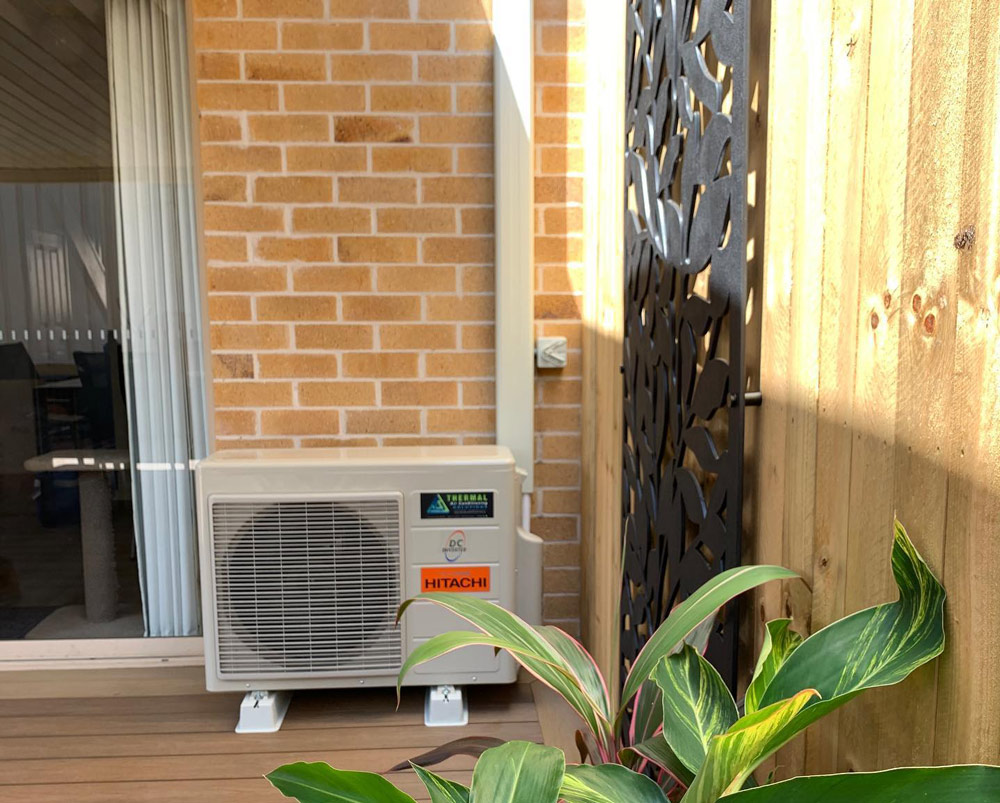Refrigerant is essential for an air conditioning system, ensuring efficient cooling and indoor comfort. However, leaks can reduce performance, increase energy costs, and even lead to system failure. For homeowners and businesses, understanding what causes refrigerant leaks is key to protecting their investment. Regular air conditioning maintenance helps prevent these leaks and keeps the system running efficiently. In this blog, we’ll discuss the most common causes of refrigerant leaks and why professional servicing is crucial for early detection and repair, preventing costly damage.

Refrigerant lines in air conditioning systems are primarily made of copper tubing, susceptible to corrosion over time. This can happen due to exposure to airborne contaminants such as formaldehyde, volatile organic compounds, and moisture. When corrosion weakens the tubing, tiny pinhole leaks develop, allowing refrigerant to escape.
How to Prevent Copper Tubing Corrosion:
Air conditioners contain moving components, including the compressor, which generates vibrations. Over time, these vibrations can cause refrigerant lines to loosen, leading to leaks at connection points. Additionally, physical damage from accidental impacts, improper handling during installation, or pests chewing on tubing can also cause refrigerant to escape.
Signs of Refrigerant Line Damage:
Solution:
A professional HVAC technician can secure fittings, install vibration dampeners, and detect early signs of wear to prevent major leaks.
While rare, some air conditioning units develop refrigerant leaks due to factory defects. These defects may include weak solder joints, faulty valves, or improperly sealed components, which may not become noticeable until after months or years of operation.
How to Prevent Issues from Manufacturing Defects:
If a refrigerant leak is discovered due to a manufacturing defect, you may be eligible for a warranty replacement or repair from the manufacturer.
The Schrader valve is a small but essential component of an air conditioning system, controlling refrigerant flow. Over time, the rubber seals inside the valve can degrade, leading to slow leaks that go unnoticed until cooling performance drops significantly.
Prevention Measures:
Ignoring a faulty Schrader valve can lead to gradual refrigerant loss, forcing the system to work harder and increasing energy consumption.
If an AC system is not installed correctly, refrigerant lines may be improperly connected or left vulnerable to stress, causing early leaks. Additionally, substandard repairs—such as poor joint welding or using low-quality replacement parts—can increase the risk of refrigerant escaping.
How to Avoid Refrigerant Leaks from Poor Installation:
Many refrigerant leaks can be traced to inexperienced or unqualified technicians, so choosing a reputable air conditioning maintenance service is essential.
Refrigerant must be kept within a specific pressure range to function efficiently. If an air conditioner is overcharged with refrigerant or has blockages in the system, it can exceed safe pressure levels, stressing weak points and resulting in leaks.
Common Causes of High System Pressure:
Solution:
Professional servicing ensures refrigerant is charged correctly and pressure checks are performed to prevent system overload.
Air conditioners experience natural wear and tear over time like any mechanical system. Older units are especially prone to refrigerant leaks due to worn-out seals, weakened solder joints, and corrosion.
When to Consider AC Replacement:
Replacing an older, inefficient AC with a new energy-efficient model can save on maintenance costs and lower energy bills in the long run.
Refrigerant leaks can severely impact your air conditioner’s performance, increasing energy costs and shortening the lifespan of the system. The best way to prevent refrigerant leaks is through regular maintenance and early detection by a professional HVAC technician.
At Thermal Air Conditioning Solutions, we specialise in air conditioning maintenance and refrigerant leak repair to keep your cooling system running efficiently. Our team is equipped to detect and repair leaks, ensuring your AC delivers optimal cooling performance throughout the year.
Schedule a professional AC service today! Visit our maintenance plans page to learn more about how we can help.
Contact us today on (07) 5524 7509 (Tweed Heads) or (02) 6638 0708 (Byron Bay) to get your project up and running.
Contractor’s License: 283 506C
QBCC License: 1310157
ARCTICK License: AU38131
| Monday | 8:30am – 4:30pm |
| Tuesday | 8:30am – 4:30pm |
| Wednesday | 8:30am – 4:30pm |
| Thursday | 8:30am – 4:30pm |
| Friday | 8:30am – 4:30pm |
| Saturday | Closed |
| Sunday | Closed |